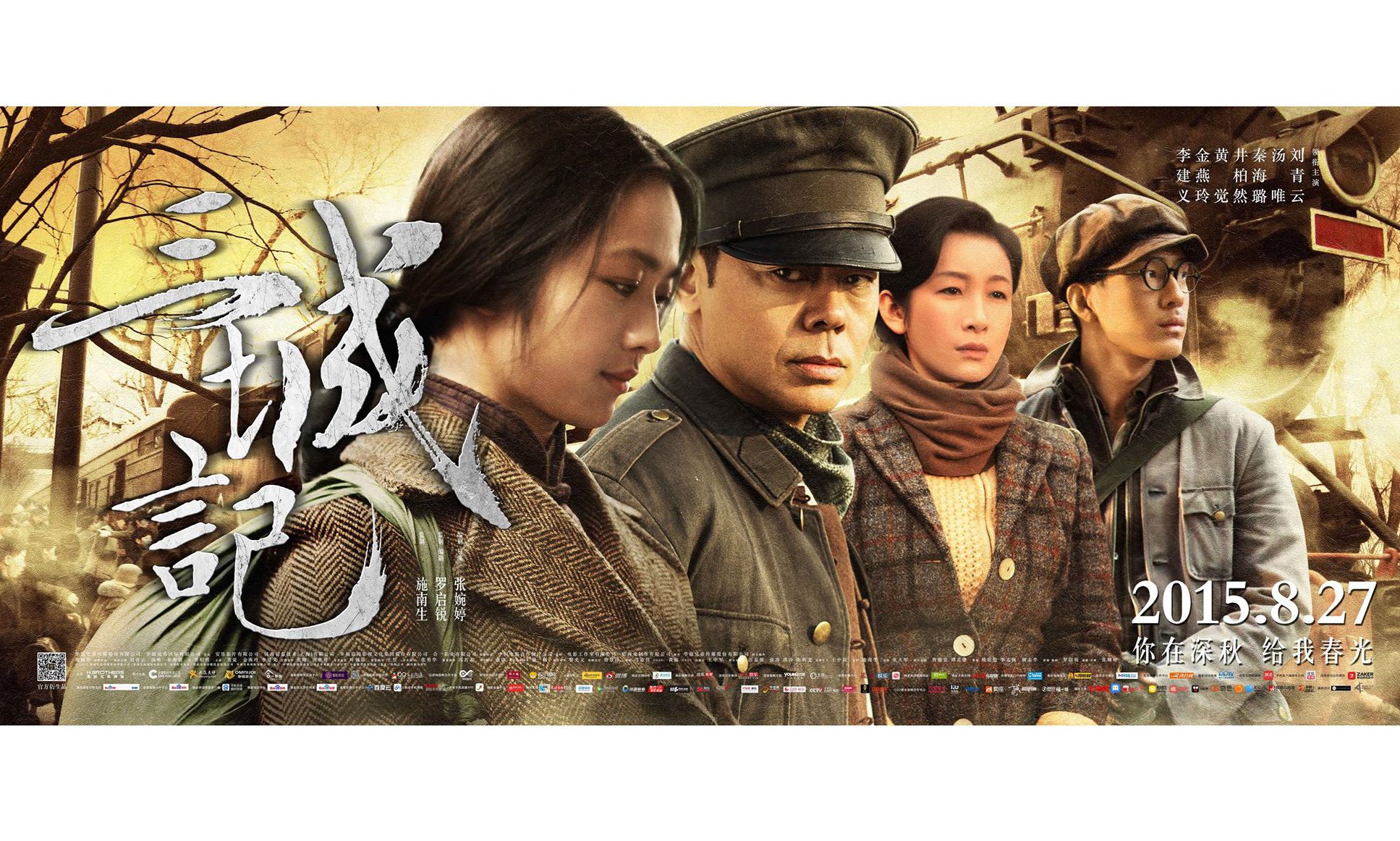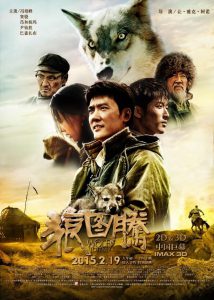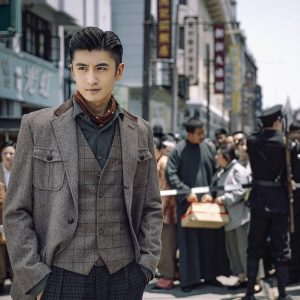Written by Joel Anthony Lim. Edited by Matthew Yuching and Denise Joaquin.
It’s classic love story material: man meets woman, they fall in love, and then the primary conflict arrives, where our heroes are challenged to overcome it and let love conquer all. For A Tale of Three Cities, the said conflicts are real-life wars that affected China, and said lovers would eventually end up as the parents of action star Jackie Chan.
A Tale of Three Cities follows Fang Daolong (Sean Lau), a street-smart gangster, spy and widow, as he crosses paths with Chen Yuerong (Tang Wei), a widower and mother whose tough but caring personality enables her to persist through hard times. The two fall for each other as they bond over their hardships, but as the turmoil of the 1940s Chinese Civil War boils over the land, the couple’s bond and willingness to survive are put to the test.
The film is directed and written by couple Mabel Cheung and Alex Law, who also worked on the 2003 documentary Traces of a Dragon that followed Jackie Chan as he uncovered his parents’ history, so it’s fitting that Cheung and Law return to helm the adaptation. It’s notable that Chan is never mentioned in the film, even in the film’s obligatory introduction and epilogue that are present in most Chinese historical epics; Cheung and Law wisely ground the film in Daolong and Yuerong’s love story, even if the film shifts away focus from them.
Cheung, unfortunately, presents the movie as a historical epic with an over-reliance on plot. And there is a lot of plot to unpack. The film shifts between the titular cities, Anhua, Shanghai and Hong Kong, as the couple are brought together and torn apart by circumstance. It’s hampered by too many distracting side-plots, from Daolong’s past as a spy coming back to him, to the brimming romance between supporting characters Qiu (Qin Hailu), Yuerong’s sister, and A Hua (Jing Boran), a merchant Daolong encounters, that makes the film lose focus. This isn’t necessarily a bad thing; it’s just that the story often dictates what happens to Daolong and Yuerong, instead of letting the couple move the pieces from their perspectives, and this could’ve helped develop the characters and the central romance better.
Fortunately, when the story focuses back on the duo, everything falls back into place. It helps that the leading actors, Sean Lau and Tang Wei, provide the beating heart that jolts the film alive with their undeniable chemistry. With diverse filmographies and versatile roles between the two actors, Lau and Wei anchor the film with emotion when things go quiet and subtle intimacy when the film goes too big. Lau brings ferocity and feeling in Daolong’s willingness to survive and his desperation to reunite with the woman he loves, while Wei embodies Yuerong with a certain headstrong independence that’s a welcome change from how women are portrayed in Chinese periods. When they’re together, Lau and Wei are magnetic when they hit the right moments – largely thanks to Law’s natural, sharp dialogue – and they elevate the material they’re given when the film steers into melodrama.
Thankfully, there’s still a lot more to enjoy in the movie. Henry Lai’s dramatic score and Yu Wang’s cinematography bring vibrancy to war-torn Anhua and glamorous Shanghai that reaches the expectations of Cheung’s ambitions. Cheung and Wang fill the screen with a grimy look during the film’s disturbing introduction, and inject a flurry of color as the characters are introduced to the glamorous side of Shanghai and Hong Kong. The best parts are when they put the duo at the center of these setpieces, from Daolong and Yuerong acting on their feelings for one another following an opera performance, to the film’s grandiose finale that is both harrowing and awe-inspiring.
During a private screening of the film, Jackie Chan reportedly cried throughout the film in witnessing what his parents went through to be together. Despite the over-abundance of plot and the occasional lack of focus, you’ll probably be emotionally stirred and drawn into Daolong and Yuerong’s tale, as well. Supported by beautiful cinematography, solid direction from Mabel Cheung when done right, and dynamic leads in Sean Lau and Tang Wei, A Tale of Three Cities immerses you in the love story of Chan’s parents as they endure through the best and worst times.
Photo header retrieved from GoldPoster.





Pingback: Film Review: Love Beyond Time and Space in ‘A Tale of Three Cities’ – The Moment Seizes Us